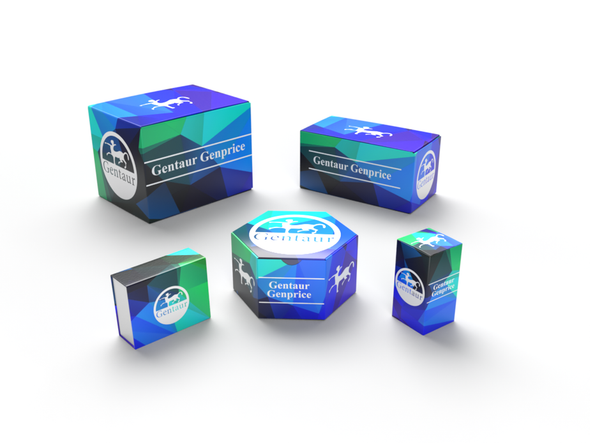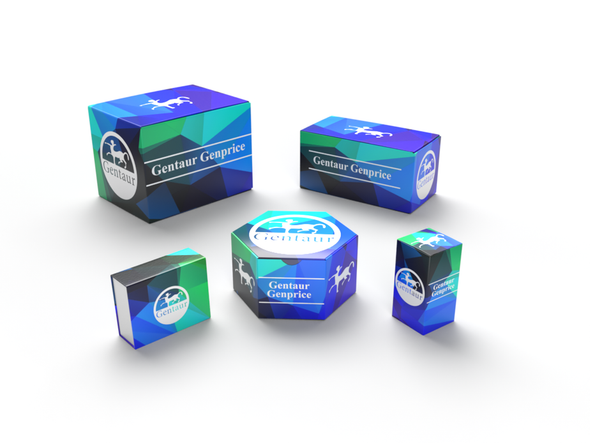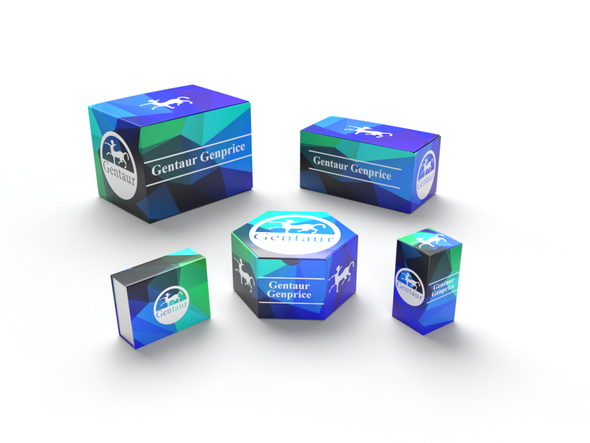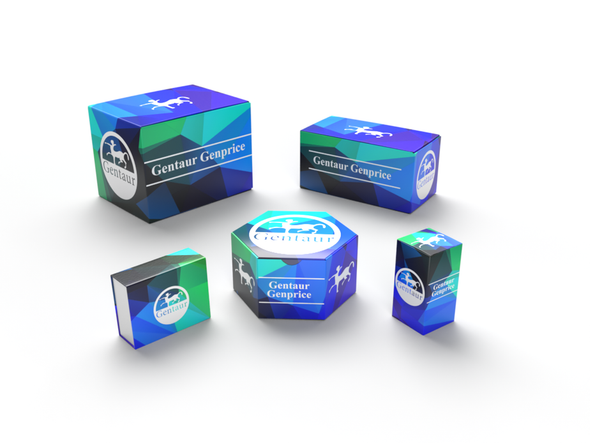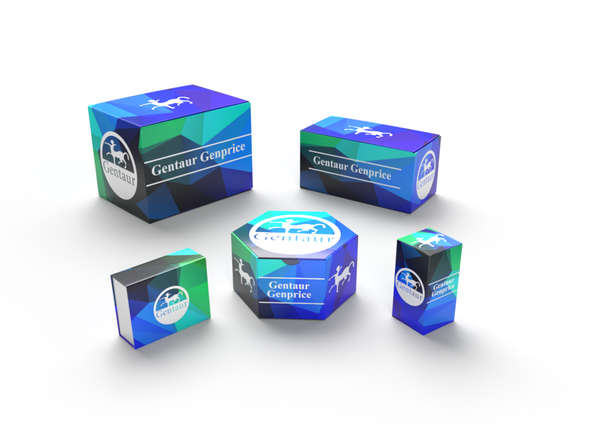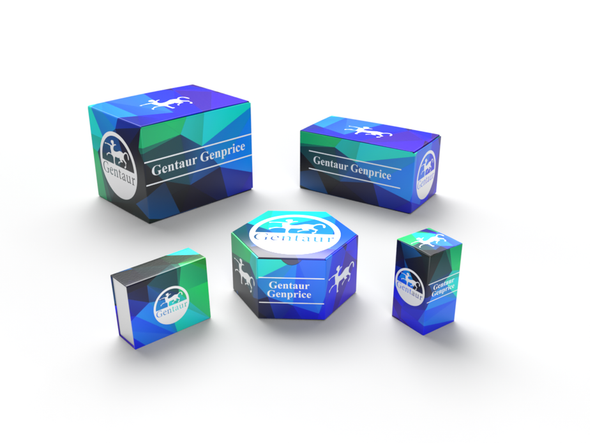209
Rabbit Anti-Mouse CD105/Endoglin Antibody | 103-PA60AG/103-PA60S/103-PA60
- SKU:
- 209-103-PA60AG/209-103-PA60S/209-103-PA60-GEN
Description
Rabbit Anti-Mouse CD105/Endoglin Antibody | 103-PA60AG/103-PA60S/103-PA60 | Gentaur UK, US & Europe Distribution
Species: Anti-Mouse
Host / biotech: Rabbit
Comment: N/A
Label: N/A
Clone / Antibody feature: Rabbit IgG
Subcategory: Polyclonal Antibody
Category: Antibody
Synonyms: Eng endoglin; CD105; AI528660; AI662476; S-endoglin
Isotype: N/A
Application: ELISA, WB, FC
Detection Range: Western Blot: Use 1-5 µg/ml
Species Reactivity/Cross reactivity: Mouse
Antigen: Recombinant mouse sCD105/Endoglin (RT #S01-023)
Description: Endoglin, also known as CD105, is a Type I integral membrane glycoprotein with a large, disulfide-linked, extracellular region and a short, constitutively phosphorylated, cytoplasmic tail. Two splice variants of human Endoglin, the S-Endoglin and L-Endoglin that differ in the length of their cytoplasmic tails have been identified. Endoglin is highly expressed on vascular endothelial cells, chondrocytes, and syncytiotrophoblasts of term placenta. It is also found on activated monocytes, bone marrow pro-erythroblasts, and leukemic cells of lymphoid and myeloid lineages. Human and mouse Endoglin share approximately 70% and 97 % amino acid sequence identity in their extracellular and intracellular domains, respectively. It has clearly been shown that CD105/Endoglin is required for angiogenesis and it plays a key role in heart development. Mutations in human Endoglin or ALK-1 (another type I serine/threonine receptor) lead to the vascular disorder hereditary hemorrhagic telangiectasia (HHT). Mice heterozygous for Endoglin have been developed as disease models for HHT. Endoglin has been shown to be a powerful marker of neovascularization. It is also useful as a functional marker that defines long-term repopulating hematopoietic stem cells.
Purity Confirmation: N/A
Endotoxin: N/A
Formulation: lyophilized
Storage Handling Stability: The lyophilized antibody is stable for at least 2 years at -20°C. After sterile reconstitution the antibody is stable at 2-8°C for up to 6 months. Frozen aliquots are stable for at least 6 months when stored at -20°C. Addition of a carrier protein or 50% glycerol is recommended for frozen aliquots.
Reconstituation: Centrifuge vial prior to opening. Reconstitute in sterile water to a concentration of 0.1-1.0 mg/ml.
Molecular Weight: N/A
Lenght (aa): N/A
Protein Sequence: N/A
NCBI Gene ID: 13805



